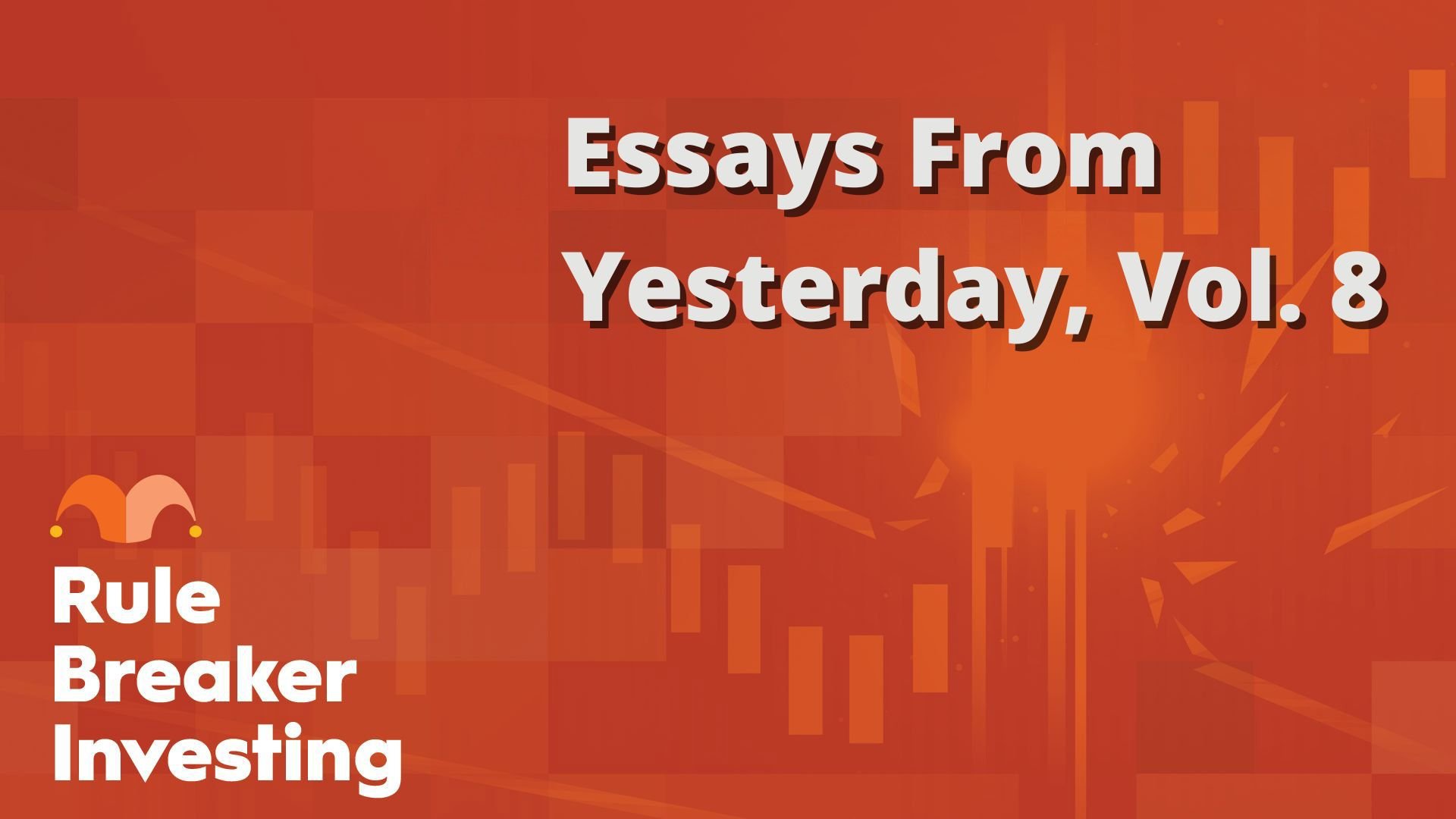It's "Interns Ask" week on the Motley Fool's Industry Focus podcast, and one of the top questions that has come up is what stocks a young adult just starting to save for retirement should buy. In this segment of the podcast, guest host and intern Emily Flippen asks this question to analyst Jay Jenkins and Gaby Lapera.
Impressively, Emily has already started saving in a Roth IRA, but still wants to make sure that her savings are being invested in the best possible way. What are the keys to successfully growing her account over time? What common pitfalls and risks do investors overlook that cost them significant returns? How should a young saver think about the possibility of future bear markets or even economic crises? To learn the answers to these questions and more, click play below.
A transcript follows the video.
This podcast was recorded on Jun. 20, 2016.
Emily Flippen: That actually led right into my next question, because I, as an intern, I have a Roth IRA, but I'm not sure what I should be buying with it. On one hand, I mean, I'm not really risk-averse, but on the other hand, I know it's a retirement account. Should I be more conservative with those investments?
Jay Jenkins: First of all, I think you're very far ahead of the game among your peers, and a lot of people who are much older than you, in that you already have one and you're already thinking about it. Awesome job, that's amazing.
Gaby Lapera: And I'm going to hedge in here that we are not allowed to offer any personal advice, so keep that in mind with your answer, Jay.
Jenkins: Sure. Speaking very generally, I think the most important thing is to start young and consistently squirrel money away. Your own personal risk tolerances or savings goals are going to vary from person to person across the world. But the key is, if you continuously put money in every month, just keep squirreling it away -- 5%, 10%, 15%, whatever you're comfortable with and can afford, that's the most important thing. If you do that, you're probably going to be fine over the course of your career. Beyond that, my advice would be to try to stay away from fees, and make sure you're doing everything in a very tax-advantaged way, legally. Make sure you're taking advantage of Roth, when you're in college. When you're in a job, they'll most likely offer a 401(K). Take advantage of that. The more money you can get into that account that can start growing tax-free and low fee, the returns will just compound and compound and compound. Over 30 years, you'll be able to retire very comfortably.
Lapera: Yeah. If you have any questions about Roth IRAs or traditional IRAs, or IRAs in general, I encourage both Emily and our listeners to refer back to an episode that Dan Caplinger and I did on IRAs a couple weeks ago. If you can't find it, I'll email you a link if you email me. The other thing is, I think it's pretty common advice that you start out fairly risky, and then become more conservative as you age. Once you start aging, you're going to be more reliant on that income, and the chances of recouping anything that you've lost when you're young are bigger because you have a greater timeline. So, I think that's very standard advice that I happen to agree with.
Jenkins: Sure. A lot of people who were nearing the retirement age in 2006 and 2007 had to delay their retirement, some of them still to this day, because of the hit that they took in the markets. When your whole nest egg is on the line and the market drops 20%, that's such an emotional thing, and it's hard to think and act rationally, so too many people panic and sell at the worst time possible. You can really do yourself a lot of harm like that. To Gaby's point, if they had been in bonds at that point, maybe that 20% drop would have been a 5% drop, and that emotional aspect is not as strong, and they're able to weather that storm a little bit better.
Lapera: Yeah. So, the long answer short is, there's no perfect combination, but maybe become less risky as you age. It's not something that you can set and forget, unless you happen to be completely invested in index funds. And even then, if the market drops 20%, you're still going to lose a huge chunk of your portfolio. So just actively think about what your goals are and where you are in life, and manage your portfolio accordingly.
Jenkins: Think long-term.
Lapera: Yeah.





